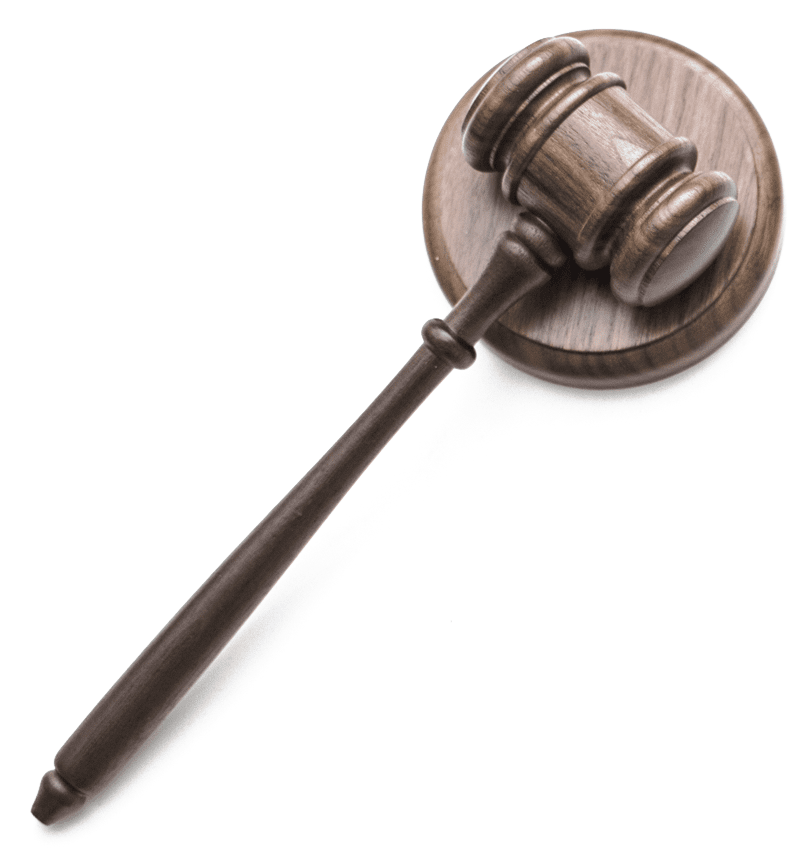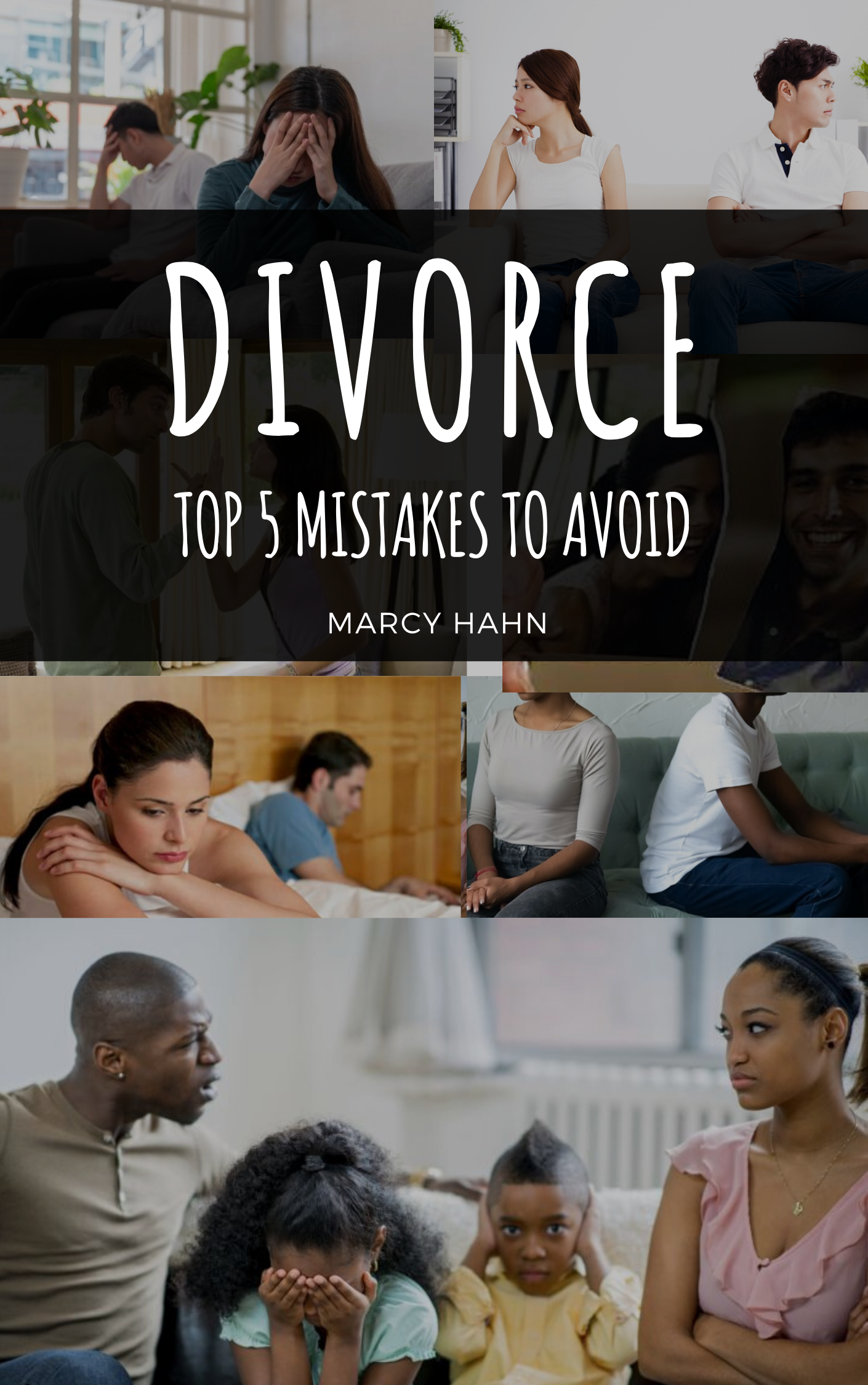
Overview
In this episode, Marcy Hahn welcomes the Criminal Justice Attorney and founder of Yasmine Law, Yasmine Poles, to the show. Yasmine specializes in Criminal Defense representation after having served as a prosecutor for 15 years in the Macomb County prosecutor’s office in Mount Clemens, Michigan. Yasmine has prosecuted hundreds of domestic violence, sexual assault, and child abuse cases. Currently, she serves on Governor Whitmer’s Child Abuse & Neglect Task Force. Tune in to hear Yasmine’s unique perspective on the intersection of domestic violence and family law.
Learn More
Domestic Violence and Family Law
Marcy:
Welcome, Yasmine. And thank you for joining us.
Yasmine:
Thank you so much for having me. It’s such a pleasure.
Marcy:
So we know that domestic violence is so often an issue in family law cases. What advice do you have for a parent of minor children who is suffering physical abuse at the hands of their partner?
Yasmine:
Yeah, I mean, that’s a great question. And I think it happens very often in the divorce dynamic when there are no previous disclosures regarding physical abuse and are only brought up at the time intersecting with the divorce being filed. It does shed light on the actual victim of the physical abuse, where it can kind of be turned as to the victim being re-victimized, providing that physical abuse is only being brought up now in order to gain some kind of advantage in the divorce proceeding.
So my advice for anyone suffering physical abuse, you need to make the appropriate police reports, you need to get that into the hands of the prosecution so that they could further it. Oftentimes as well in my career, I’ve seen a lot of times where people have brought domestic violence cases and they haven’t gone through with it. But at least there’s some type of record to show that there has been some kind of interaction with that family that’s been going on, but that’s a scary thing to do. So, I call it the million-dollar question in a situation like this. Obviously, safety’s number one. So in that strategy, so if you are feeling that you are suffering physical abuse at the hands of the partner, and you finally have the courage to do it, and it does happen to coincide with the time of divorce, you should absolutely report it and move forward. But that is kind of a sticking point of when the disclosure is made and when law enforcement is brought in into it.
Marcy:
So what can be done to really help victims follow through? I see so many instances where they make a report. And then essentially time passes, maybe there’s a reconciliation, they back away then from wanting the prosecutor to press charges. But inevitably, the cycle comes back around, and they tend to find themselves in that same position again. What can be done to help somebody in that situation? So that they feel safe getting the help they need? Should they be thinking about going into a shelter somewhere? Should they move to live with a friend? How can somebody navigate that really scary time of making the decision to move on with their life in a safer way?
Yasmine:
Yeah, no, that’s a great question. So it’s the cycle of violence, right? You kind of go through it. There’s the actual physical or emotional abuse and there’s the honeymoon period, and then there’s the reification. And it just kind of cycles over where there’s a hope that’s not going to happen again. But then inevitably, it does happen again. In my years as a prosecutor, when I had cases of domestic violence and I had quite a few of these, I would personally call up the complainant to ask them to come to court to stand up to their funder. And actually in Michigan, there’s a law that allows the parties to stay together and get anger management for the party who is the abuser and helps to try to keep the family together. So it was something that I definitely encourage people to come forward with, but it is scary and they don’t want to come forward with it. And a lot of times after, it’s the call to the police department immediately so somebody can come help them and save them at that moment. But afterwards, they’re not gonna follow through because they’re scared of the ramification. And like, we know in situations of domestic violence, physical abuse, oftentimes families are alienated from their relatives, they’re separated from those people. So there’s not a lot of people to reach out to people in law enforcement and prosecutors are familiar with us. There’s tons of training that’s given to the appropriate people. Oftentimes prosecutor’s office should have in most in our area do have a victim advocacy unit where a victim advocate can be called and spoken to, and that person can give the individual guidance as to shelters if necessary. Just advice on how to manage and, and work through it, when I oftentimes see and saw as a prosecutor is that offenders of this actually back down, people are typically scared of what the reaction is going to be. But because they know law enforcement is involved, it’s probably the best time for the complainant or the victim to move forward in the process and where they’re safe, because there’s a detective on the line that’s always wanting to take that call, hopefully, and there’s a resource out there. So I would say obviously pursue it. Don’t be scared, go through with it. And there’s a way to go through the process without horrible things happening to the person that you’re complaining about.
Marcy:
So what about child protective services? What role do they play in a situation where someone may have minor children? There’s abuse going on in the home, and they’re trying to get away from it, but they keep going back to it. Is that something that child protective services may get involved in? Because essentially, the parent who’s being abused is also exposing the children to that abuse.
Yasmine:
Yeah, I can see something like that happening. Oftentimes what would happen is that child will go to school, and let’s assume in for purposes of what we’re saying, it’s not the child that’s being physically abused, right, just seeing the ramifications of abuse at home. But that does take a toll on that child emotionally very much, especially in tender years. And so if somebody were to have a conversation with the child, the child would make a disclosure where they were scared to go home or they were scared that dad was gonna hurt mom or mom was gonna hurt dad. And then a report was done. Pursuant to mandatory disclosure laws that was reported to Child Protective Services, there would be an investigation that came through and both parents would then get questioned and looked into. So yeah, it definitely places the kids in jeopardy when a victim of such abuse is not able to kind of stand up to what’s going on. It does flow over to the children, unfortunately.
Marcy:
So some cases I see involve one partner who is mentally or emotionally abusive, but has drawn the line at not being physically abusive, and I’ve actually had clients say that they wish… it sounds really sad and unusual… but they actually wish that the abuse had been physical because it seems that there are different protections when it’s physical, rather than it just being mental or emotional. So is there any protection available to somebody who is being mentally and emotionally abused as opposed to being physically abused?
Yasmine:
In the criminal aspect? There’s no criminal statute that I’m aware of that entails criminal prosecution for emotional or verbal abuse.
Marcy:
What about a PPO?
Yasmine:
Under what circumstances?
Marcy:
Would it be appropriate to seek a personal protection order in a case that involves a level of harassment but not physical altercations?
Yasmine:
Yeah, I mean a level of mental harassment and stalking, those sorts of things. Harassment and stalking are definitely things that could bring up criminal charges or PPO. In that case, however, the assailant or the perpetrator has to be notified by the victim that they don’t want any further contact with them. And they have to put that person on notice. And then if that person continues to harass them or do things directly or indirectly, to try to harm them or threaten them, then yeah, that’s absolutely something that could happen in a criminal prosecution or in a personal protection order. But the fine line there is the person has to be told that they don’t want any contact with you and it has to be made known.
Marcy:
And what’s the best way to tell someone that it doesn’t have to be in writing? What advice do you give in terms of putting someone on notice that you’re telling them stop contacting me?
Yasmine:
Yeah, I would tell the person go behind you for the contact with you, I would send in a text message or an email, I would block that person’s phone number, I would make sure that that my locks have changed. So that person no longer has access into my home that it’s a very clear clear delineation regarding there being no further contact with each other. And then after that contact is being had I would definitely get law enforcement involved because you know, specifically in Michigan, the stalking charges require two or more unwanted contacts. So you definitely want to be taken down the information regarding when the contact was made, what you did in order to not have contact with that person. All that stuff would be taken into consideration by the prosecuting attorney who would decidedly determine whether or not a crime is committed.
Tune in to the episode to hear the rest of my eye-opening interview with Criminal Justice Attorney and Former Prosecutor, Yasmine Poles.

Here’s a Free Gift from Marcy
Top 5 Divorce Mistakes to Avoid by Marcy Hahn
ONE Lucky Person that Downloads the FREE Gift WILL WIN a Free 90-Minute Session with Marcy Herself!
